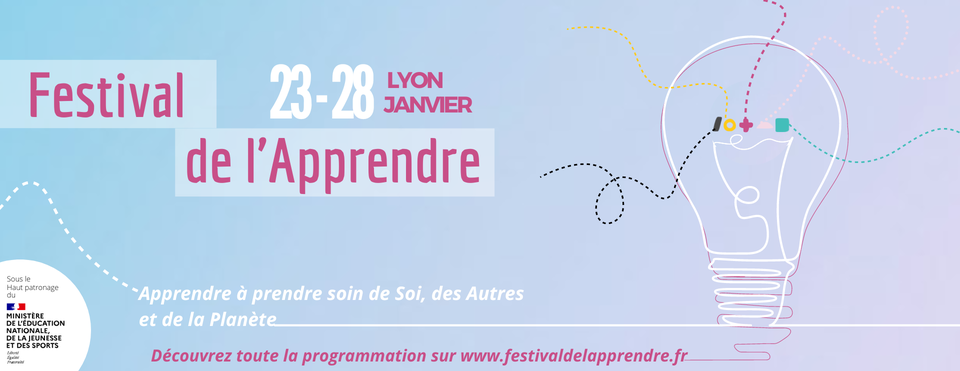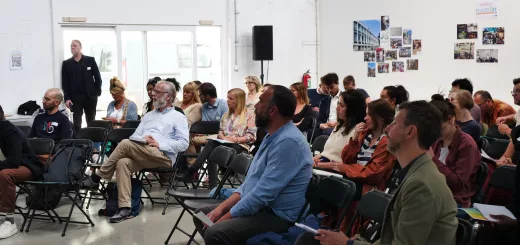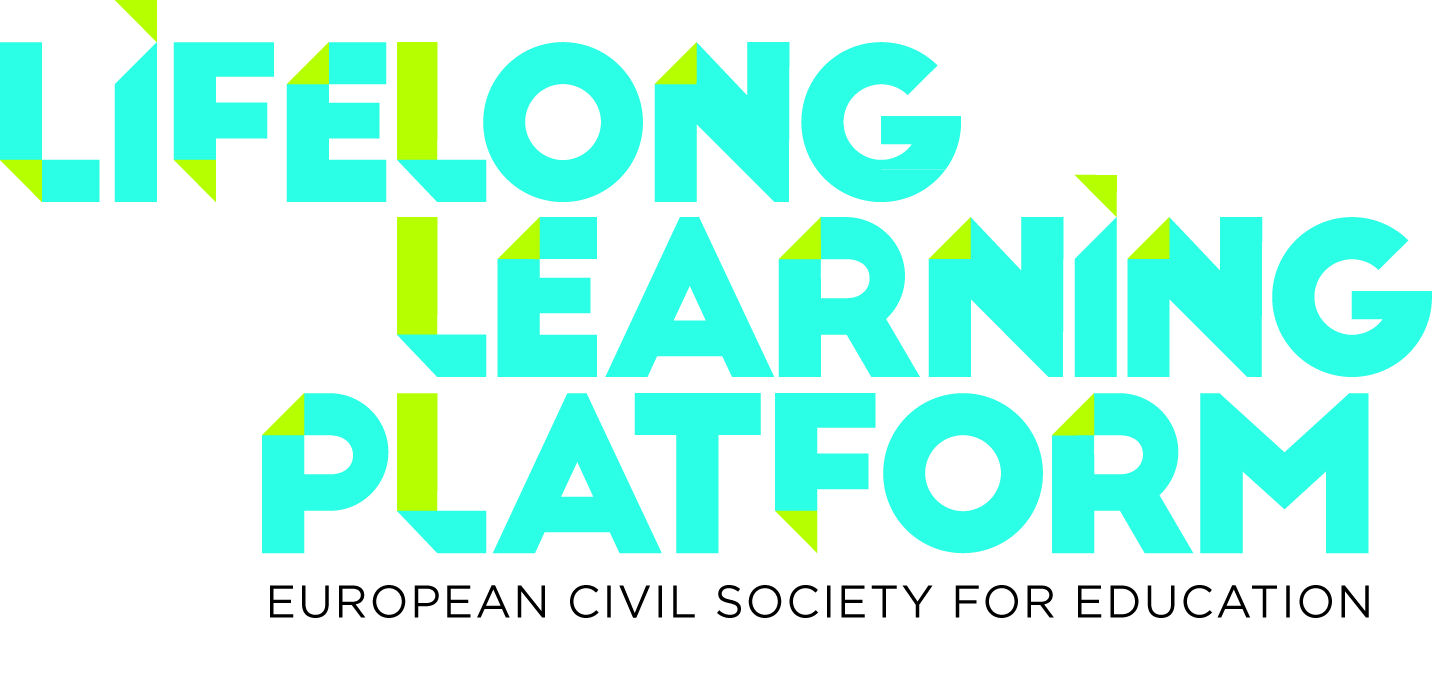Inspiring Peace in time of War
What do draw from the Final Conference of the Peace Games Project for Peace Education ?

After two years of work, the “Peace Games » project came to an end during the final conference, titled “Inspiring Peace in times of War », that took place on the 21st and 22nd of February at the IIHL (International Institute for Humanitarian Law) in the city of Sanremo (Italy). An intense two-day-conference that led to a multitude of exchanges between members of the civil society and experts in the educational and gaming field.
This was one of the first projects conceived by the EIP Lab (Education Inspiring Peace Laboratory) of which FREREF and IIHL are founding members. The objective of the EIP Lab is to encourage an idea of education that exceeds the simple concept of human development: education should favour the development of critical thinking, the understanding of different cultures and the preparation to active citizenship, with the overall idea that education should promote peace. The goal set by the “Peace Games » project is to reach these objectives by promoting a new way of learning: combining games and education. It is well known that games have a huge potential in stimulating the need for innovation. Additionally, we have discovered that they can also contribute to the creation of a positive environment, within which peace can prosper.
Peace Games objectives
The idea behind this project proposal was to overcome the lack of peace related projects. An initial analysis allowed us to verify the possibility of using games to promote the values shared by the parties involved. In addition, Peace Games propose a renewal of the way of teaching and learning in our schools, by proposing a play-based pedagogy and elements from informal education. In fact, schools involved in the project as well as cultural associations and civil society, perfectly illustrate the concept of Lifelong Learning. To sum up, the objective was to identify the most suitable instrument for stimulating the learning capabilities on specific themes, like peace. The Peace Games team rose to the challenge of finding fun and relevant games that can be used in different contexts. Today, are available for consultation: a catalogue of 55 games relevant to peace and education; a teachers’ guide to help them better understand the functioning of the games, as well as the objective they intend to reach; a guide for the development of future games. All the information above is available on the EIP Lab site.
Benefits of Peace Games project: final evaluation
After a general introduction, the external evaluator of the project, Ms. Anne Bamford — expert in Education from the City of London – proceeded to present the results of the evaluation process. In her intervention she stated that, nowadays, dealing with peace is extremely complicated, due to the current political instability. This statement found support in the fact that, for some educators, discussing peace is now more than ever difficult. Then, how can we support the peace education process in our schools? The aim of the evaluation is to verify if the “Peace Games” project has the ability to facilitate education and the passage of information. From the students point of view, using games during the process of teaching peace led to the identification of three major benefits. Firstly, this practice helps students to better understand the dynamics of peace and, at the same time, gives them the ability to analyse and translate what they have learned and reinterpret it: the use of games helps create a critical mind. Secondly, there has been an increase in peaceful attitudes in intra-school relationships: being exposed to pacific behaviours and dynamics has helped recreate those situations. Finally, students like to interact with each other and this becomes much easier through the use of games.
Improvements also affected teaching. In fact, in the groups considered, the use of educational games had rarely been considered before the start of the project. Hence, the program can be considered a way to innovate the teaching system of some countries that may need a reform. In addition, teachers’ testimonies showed how games have the capacity to enable them to better understand difficult subjects and, at the same time, to integrate the new comprehension in their explanations. Finally, this project gave teachers greater confidence in solving complex problems, as well as teaching sensitive topics.
Project proposals for better effectiveness
To boost its effectiveness, the “Peace Games” project proposes a set of recommendations for parents/children, teachers and public authorities. Although the project came to an end with this conference, there are many opportunities for us to build on the project’s achievements and improve educational systems across Europe. Here are three recommendations from the project:
- Young people should have a voice when it comes to games: they can be considered the biggest consumer, but generally their opinion is not deemed important for the development of new games.
- Allocate real means for Peace Education. According to teachers, the lack of time and heavy workload are an obstacle to the development of extra-curricular and trans-disciplinary projects.
- “Games for everyone!”. It is necessary to eliminate the rhetoric that games are only for children. Everyone, including adults, can learn from these games throughout life.
Conclusion
With this summary, the Peace Games project comes to an end, knowing that the work behind it is not over yet. In fact, we hope that its impact will endure for a long time. Both the notion of peace and education are ever-changing concepts. They are constantly developing and adapting to reflect the reality they are living in. In addition, the importance that these two concepts have for society justifies the efforts needed to keep them up to date. Hence, the need for additional projects. From this experience we gathered information and additional knowledge on how to manage future projects in this domain. Shortly, we wish to see a follow-up to Peace Games, but for the time being, this is the end of another successful project.



